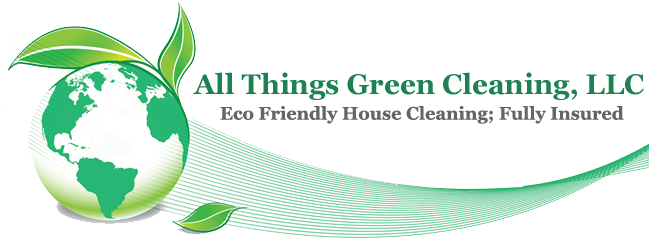Studies of bisphenol-S, the chemical compound sometimes used to replace bisphenol-A in “BPA-free” plastic products, found it is disruptive not only to the body’s hormone system, but to brain circuitry in developing animal embryos.
Known to mimic estrogen, BPA and BPS are not the only synthetic chemicals found in hard plastic and certain resins that do so.
Since companies are under no obligation to tell consumers what chemicals are used in the manufacture of their product, many health experts say the best thing to do is avoid contact with household plastics altogether.
It is impossible to avoid these plastics throughout the day!
AVOID:
– hard plastic sports bottles
– plastic food storage containers
– food wrap
– hard and flexible packaging
– deli containers
– plastic bags
– baby bottle components (nipple, ring, liner, etc)
– plastic dinnerware and plates
– non-stick cookware
– plastic cleaning products
– thermal receipt paper
– canned food and drink
– tissue paper and toilet paper
ALTERNATIVES:
– stainless steel water bottles
– ceramic plates and dishes
– unbleached wax paper
– anything made from wool, cotton, hemp or plastic-free, biodegradable fibers
– plastic-free cleaning products, such as baking soda, vinegar and essential oils
– stainless steel or cast iron cookware
– glass blender
– wire salad spinner
– stainless steel ice-cube tray
– natural rubber gloves
– recycled, individually-wrapped toilet paper
– bar soap
– handkerchief
